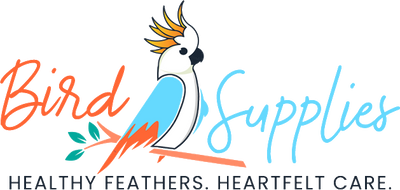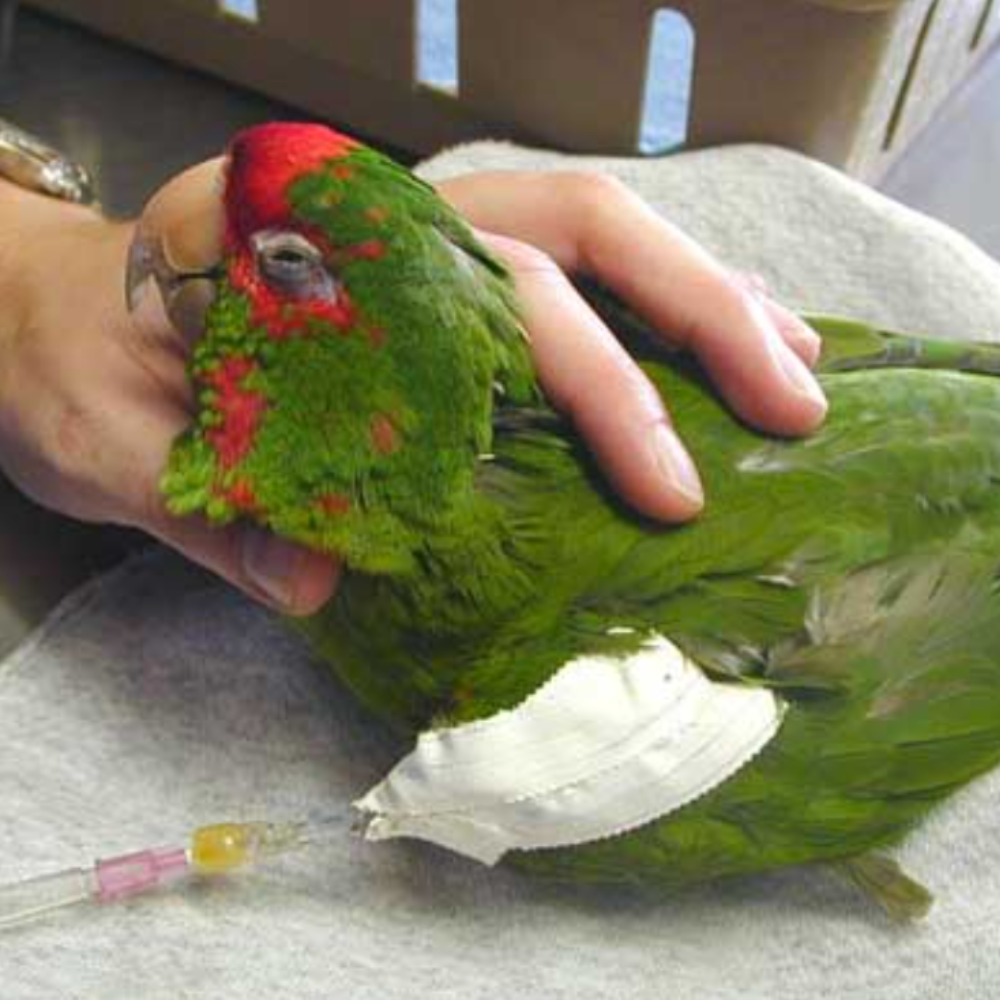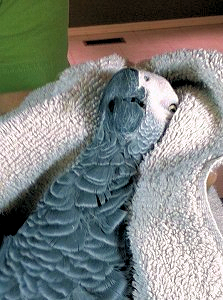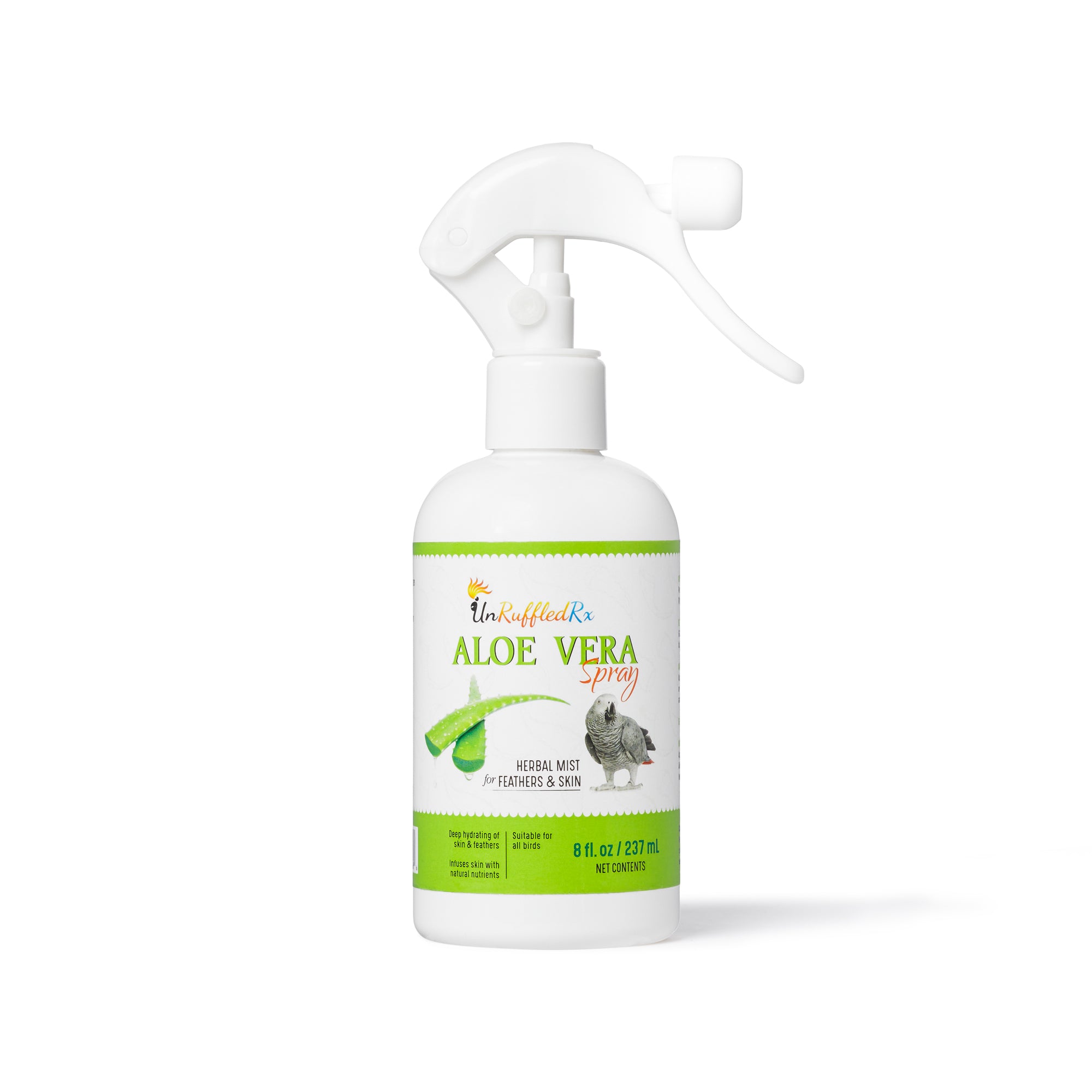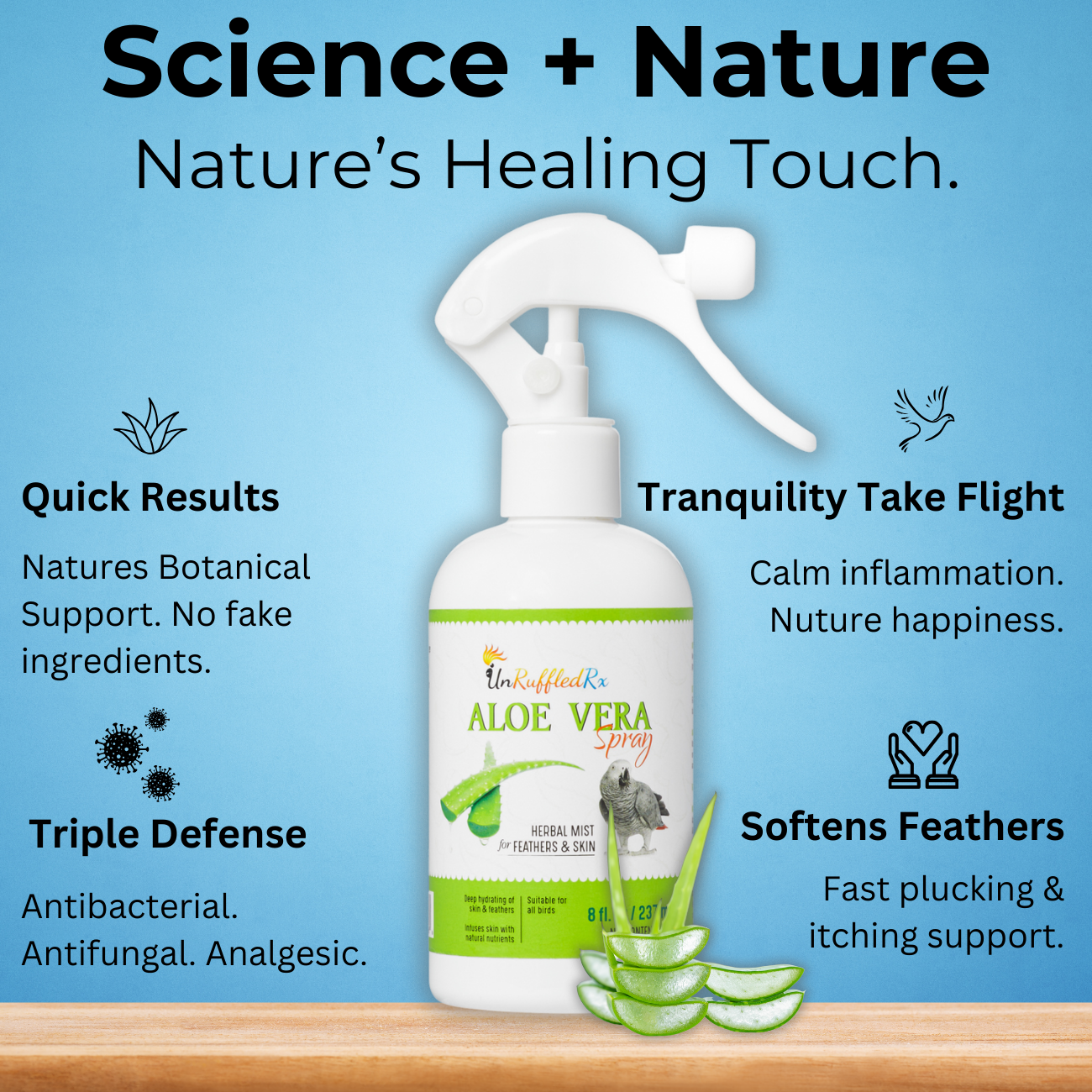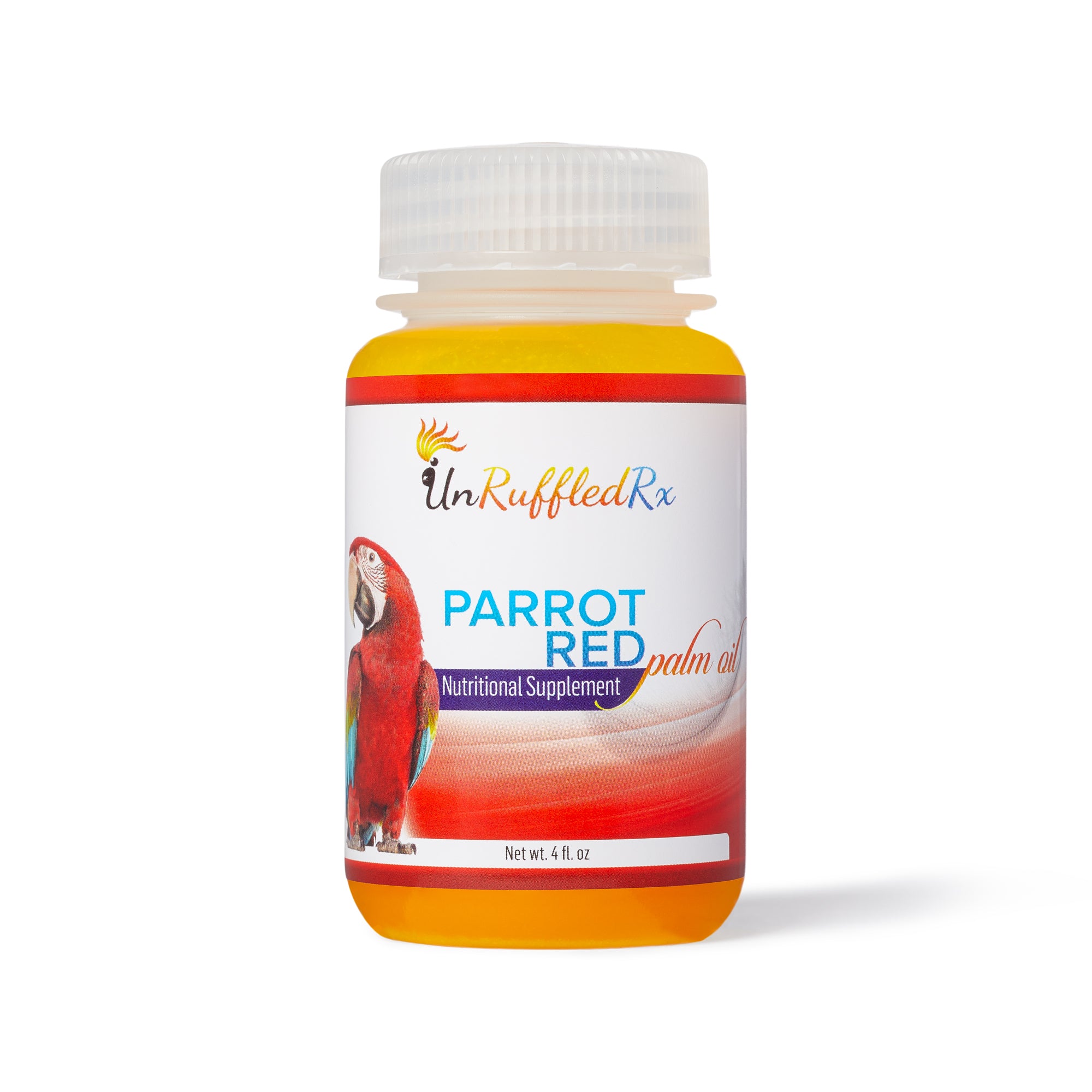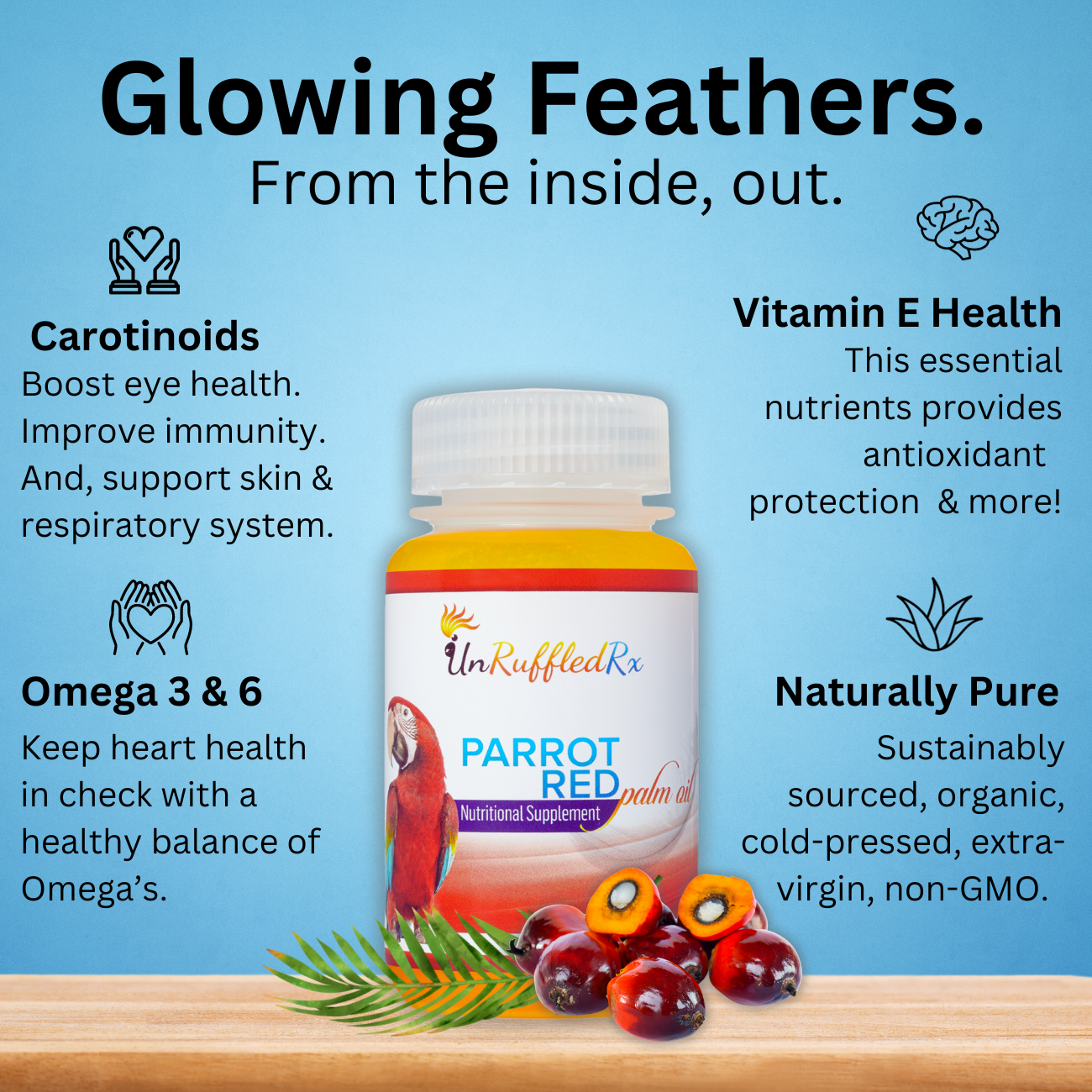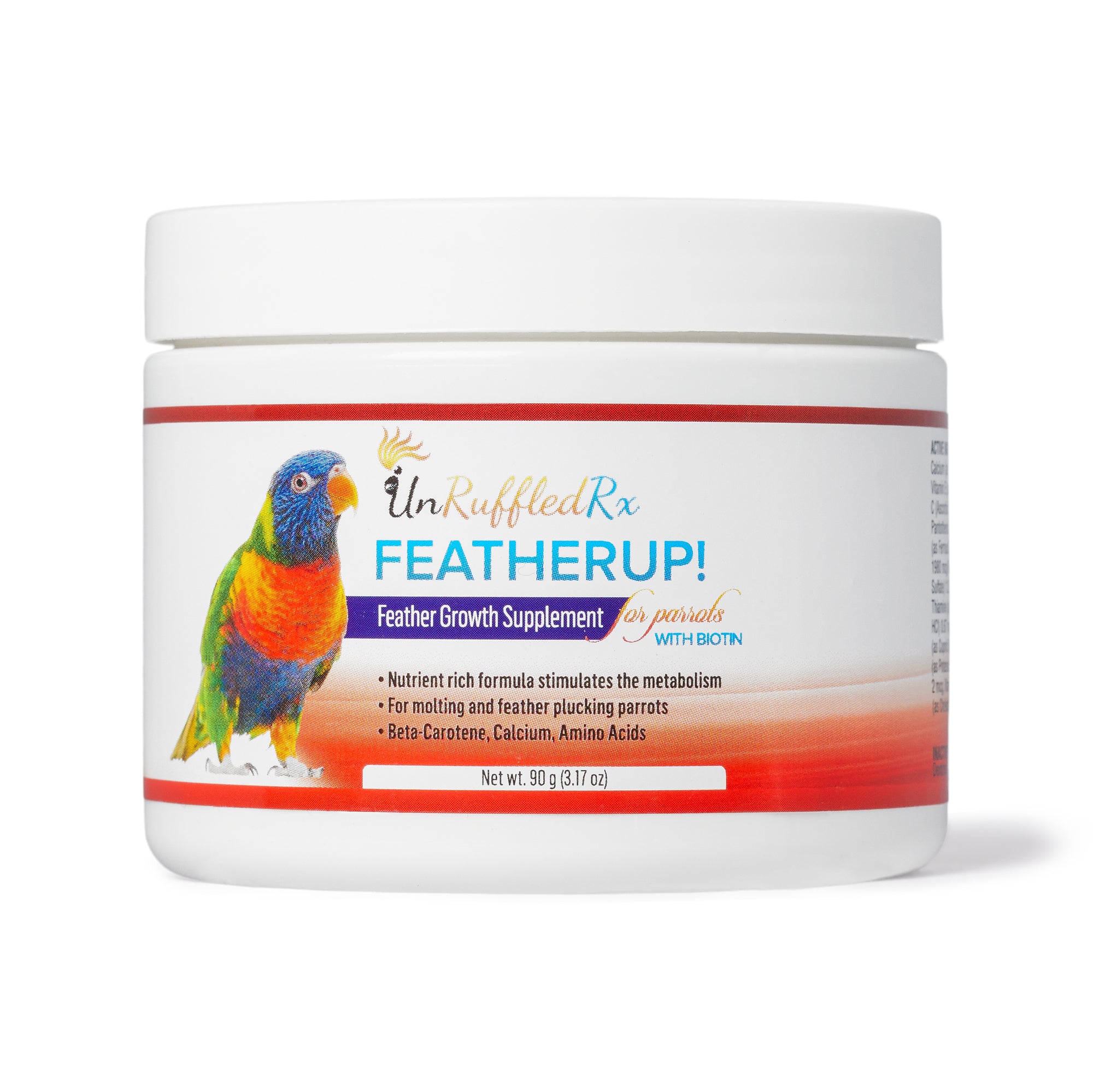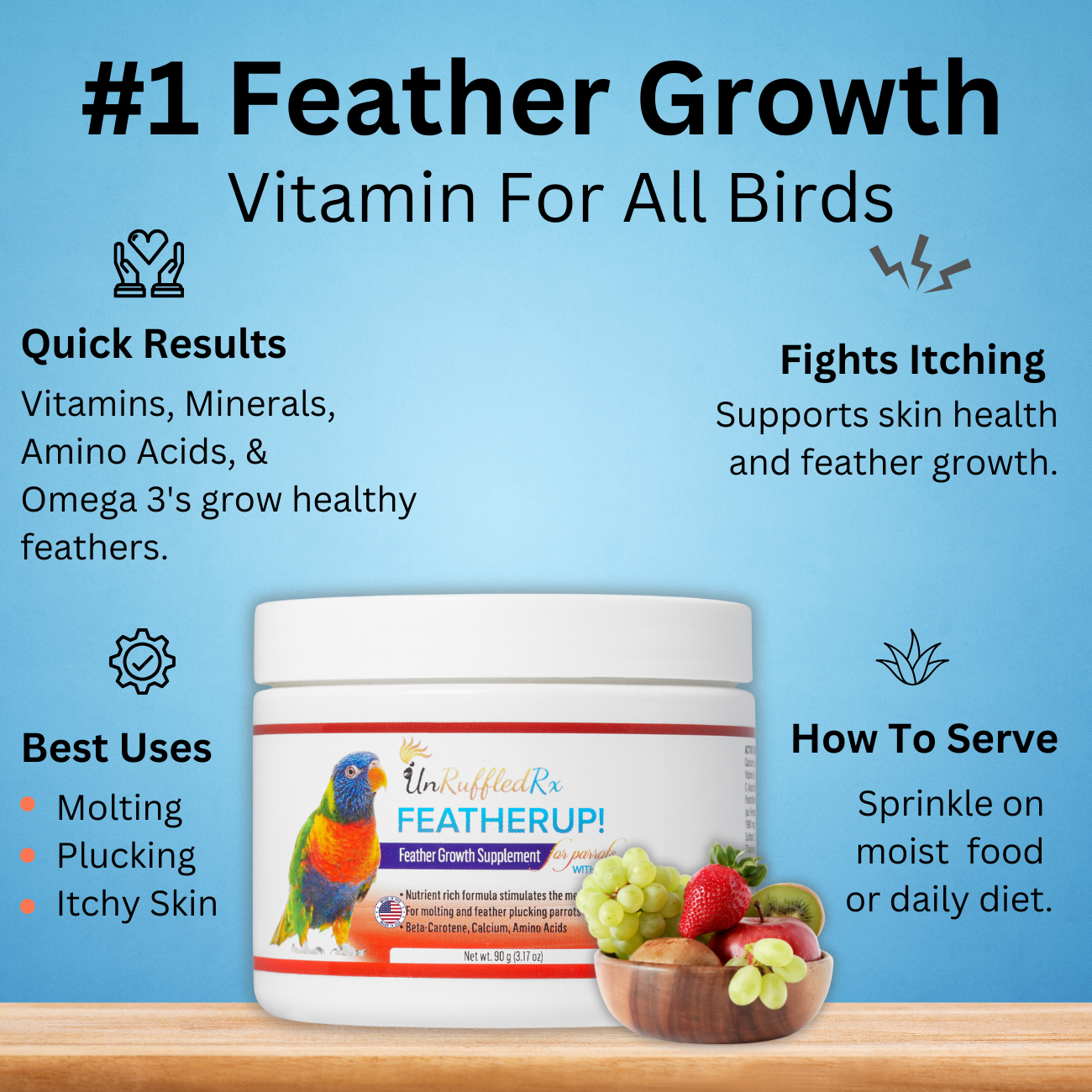Table of Contents
Revised February 14, 2024
A common parrot accident is bird burns. Painful liquid, chemical & electric burns require immediate stabilization and veterinary attention. Here's what to do to increase your birds chance of survival.
Burns are very serious and extremely painful. A burned bird needs immediate veterinary care to minimize shock, manage pain and prevent secondary infections.
If your bird has suffered a burn - take a moment to CALM YOURSELF DOWN.
Next, to treat a case of shock in a burned bird, we use the D-R-O-P Approach.
(D)etermine The Cause Quickly
There are 4 common causes of burns. Chemical, electric, high heat exposure, and liquid burns.
CHEMICAL BURNS:
Determine if the burn is acid or alkali in origin and counteract the burn process quickly.-
Acids: Muriatic acid, swimming pool additives and battery fluid are acid based products. If your bird comes into contact with them, the result can be deadly.
-
Alkali: Cleaning supplies such as lye, ammonia and bleach cause painful alkaline burns. Immediately rinse with cool Vet Aid Spray.
ELECTRICAL BURNS:
Chewing electrical cords or sticking a beak into an electrical socket causes severe burns and can potentially stop the heart. These burns go deep into skin tissue.STABILIZE YOUR BIRD & SEEK IMMEDIATE VETERINARY CARE.
HIGH HEAT EXPOSURE:
Heat related bird burn causes include flying into hot liquid, steam, or even into an open flame. Also, a malfunctioning heated perch has been known to burn foot pads.
- Stop the burn process with cold, clean water. Apply with fresh gauze. Gently dab dry with clean, dry gauze so as not to tear your birds delicate skin. Call your vet to inquire about applying Silver Sulfadiazine cream as soon as possible.
LIQUID BURNS:
Birds have been known to fly into boiling liquids on the stove top and receive steam burns. Baby birds can suffer crop burns by being fed hand-feeding formula that is too hot. Dangerously hot formula sits in the crop and can slowly burn a hole right to the birds outside. Immerse the burn area in cool water to relieve the pain.(R)espond With Measures To Stop The Burning Process
How Do You Treat A Burn On A Bird? |
-
Acid Burns: Stop the burning process and stabilize your bird, quickly make a baking soda paste. Mix equal parts of baking soda and water. Apply to the burn site.
-
Alkali Burns: Stop the burn process generously rinsing the burn site with Vet Aid Spray.
-
Electrical Burns: Determine if your bird is breathing and its heart is beating.
- Turn off the power source immediately. Use a dry wooden spoon or dowel to flick the cord out of the wall socket.
-
See CPR Article
- Treat your bird for shock (see article here)
- Seek Immediate Emergency Veterinary Care.
- Turn off the power source immediately. Use a dry wooden spoon or dowel to flick the cord out of the wall socket.
-
Grease Burns: Falling into hot grease can be a life-threatening emergency.
- For hot grease burns, first, apply a light coat of flour or corn starch to absorb the hot grease and rinse with cold water. Dry the area by gently dabbing with a clean piece of gauze. Rubbing the wound may tear your birds delicate skin.
- Gently wipe grease away from nostrils, mouth and eyes.
- Apply Soother Ointment. Never use butter or oil based antibiotic ointments on the burn wounds because grease retains the heat.
- Grease coated feathers can result in hypothermia because feathers lose their insulating capabilities causing the bird to not be able to regulate its temperature. A warm hospital cage is in order until the bird is stable enough for a thorough bath.
- For hot grease burns, first, apply a light coat of flour or corn starch to absorb the hot grease and rinse with cold water. Dry the area by gently dabbing with a clean piece of gauze. Rubbing the wound may tear your birds delicate skin.
-
High Heat and Liquid Burns:
Immerse the area in cold water to stop the burning process. Dry the area by gently dabbing with a clean piece of gauze. Rubbing the wound may tear your birds delicate skin. Apply A Bird-Safe Soother Ointment.
(O)FFER Hospital Cage and Stabilize Shock
Your bird needs to be stabilized in a hospital cage ASAP. Shock is a life threatening condition for your bird. The heart becomes dysfunctional and blood pressure plummets. Organs can't get the oxygen they need to work properly. Shock needs to be treated immediately before other organs become damaged.
Burns are just one of the things that can cause a bird to go into shock.
Be on the lookout for these symptoms:
- Place the hospital cage on a heating pad set to low or put a hot water bottle inside of the carrier.
- Partially cover the cage to keep warmth in.
(P)HONE YOUR AVIAN VET TO GET IN NOW!
1. Avian Vet Daytime #:
2. Avian or Emergency Vet After Hours #:
Important "Take Aways"
- Accidents happen, but do your best to prevent painful, deadly burns by keeping your bird away from cleaning products, out of the kitchen during cooking time, away from candles or flames and away from electrical cords. Cover outlets with furniture, if possible.
- Check your bird first aid kit to insure it has plenty of gauze. Make sure you have vinegar and baking soda available. Get some Vet Aid Spray and have your vet give you a prescription for Silver Sulfadiazine Cream.
- Double check that your hospital cage is clean and ready for use at a moments notice.
- A bird that has been towel trained will not suffer further trauma when you examine it.
Has your bird ever experienced a burn? Leave comments to help fellow readers out.
Related Posts:
How To Prepare A Bird First Aid Kit
10 Household Dangers That Can Kill Parrots
How To Make A Bird Hospital Cage
References:
Emergency Bird Care: Burns and Scalds
The Startling Truth About Birds In Shock
Diane Burroughs, LCSW is a licensed psychotherapist trained in ABA therapy techniques. She specializes in avian anxiety disorders and is certified in Nutrition For Mental Health. Diane has written a number of bird behavior books and she offers behavior consultations. She's developed a range of UnRuffledRx Science-backed Parrot Wellness Supplies.
Diane's products have been featured in the Journal of Avian Medicine and Surgery and at Exoticscon, a conference for exotic pet veterinarians. Her bird collars & supplements are stocked in avian vet clinics and bird stores throughout the US. With over 30 years in the field of behavior, Diane has created thousands of successful individualized behavior plans that help pets thrive.
TAGS: #BirdBurns #BirdEmergency #BirdShockSymptoms
SHARING IS CARING! PLEASE SHARE ON YOUR FAVORITE SOCIAL MEDIA NOW!
